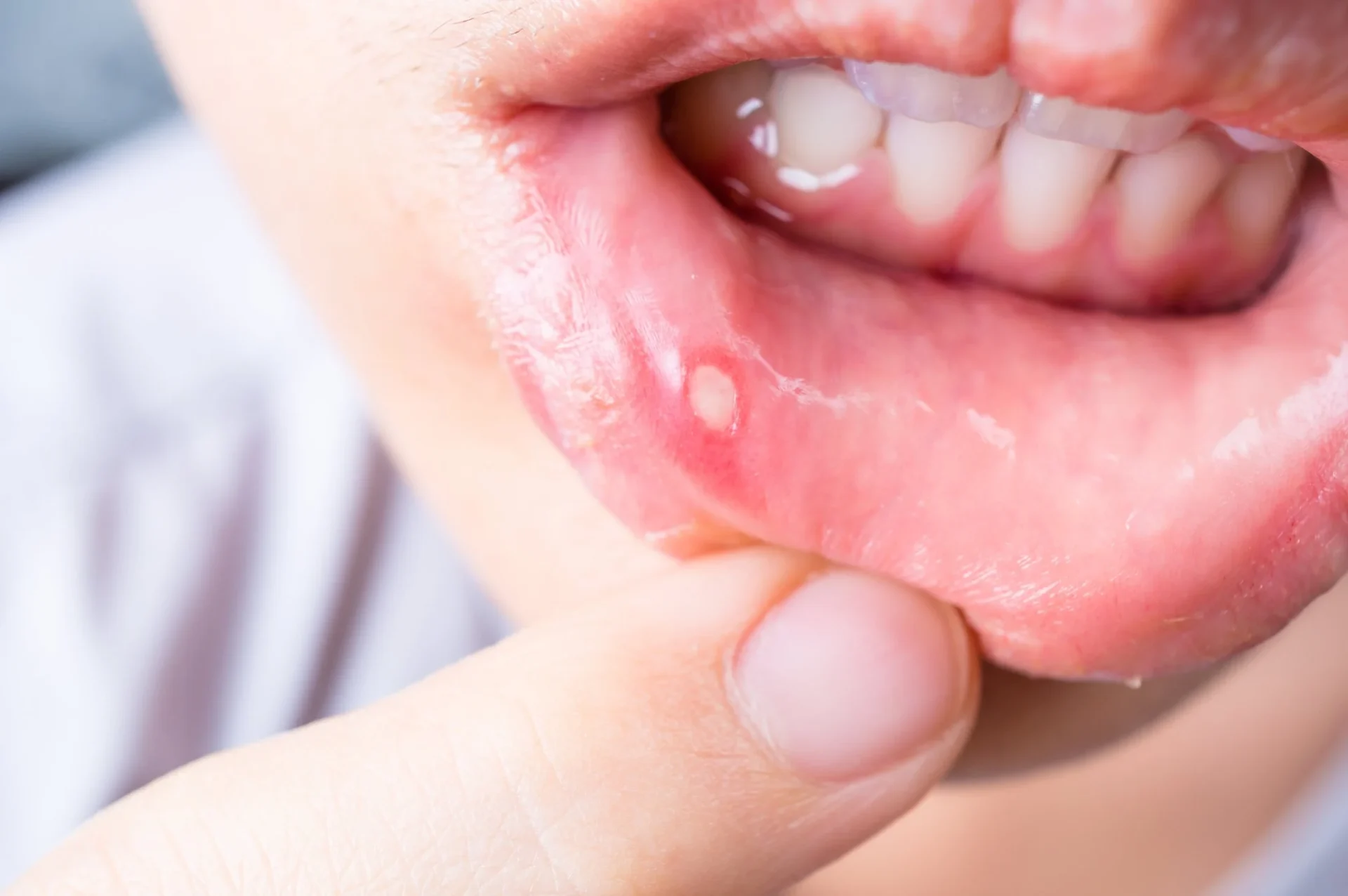Dry mouth, also known as xerostomia, is a common condition characterized by a lack of saliva production in the mouth. While it may seem like a minor issue, dry mouth can have significant consequences on oral health, overall well-being, and quality of life.
In this article, the dentist in Chelsea NYC will delve into the causes, symptoms, and treatment options for dry mouth, highlighting the importance of seeking professional help.
What is dry mouth?
Dry mouth, also known as xerostomia, is a condition characterized by a significant decrease in saliva production, resulting in a persistently dry, sticky, and uncomfortable mouth. This reduction in saliva flow can lead to difficulties in swallowing, speaking, and chewing, as well as increased risk of tooth decay, gum disease, and oral infections.
What causes dry mouth?
Dry mouth can result from various factors, including:
- Medications: Over 400 medications, such as antidepressants, antihistamines, and decongestants, can cause dry mouth.
- Aging: Saliva production decreases with age.
- Medical Conditions: Diabetes, Sjögren’s syndrome, and autoimmune disorders.
- Radiation Therapy: Head and neck radiation can damage salivary glands.
- Smoking and Tobacco: Reduced saliva production and altered saliva composition.
- Mouth Breathing: Bypasses saliva’s natural cleansing process.
- Hormonal Changes: Menopause, pregnancy, and thyroid disorders.
- Nutritional Deficiencies: Lack of vitamin A, C, and E.

What are the symptoms of dry mouth?
Dry mouth symptoms can vary in severity and impact daily life:
- Dry, sticky mouth: Difficulty swallowing, speaking, or chewing.
- Bad Breath: Halitosis due to bacterial overgrowth.
- Difficulty Tasting: Reduced saliva affects taste bud function.
- Mouth Sores: Ulcers, cracks, and fissures.
- Tooth Decay: Increased risk due to reduced saliva’s protective role.
- Gum Disease: Increased risk of gingivitis and periodontitis.
- Dental Work Complications: Dry mouth can impede healing.
What are the consequences of untreated dry mouth?
Ignoring dry mouth can lead to:
- Tooth loss: Untreated tooth decay and gum disease.
- Oral infections: Fungal, bacterial, or viral infections.
- Digestive issues: Difficulty swallowing, acid reflux.
- Systemic diseases: Linked to diabetes, heart disease, and stroke.
- Reduced quality of life: Impact on self-esteem, social interactions.
What are the treatment options for dry mouth?
Dry mouth treatment focuses on stimulating saliva production, managing symptoms, and preventing complications. A multidisciplinary approach involving dentists, physicians, and healthcare providers ensures comprehensive care.
Saliva stimulants
- Chewing gum: Sugar-free gum containing xylitol or sorbitol.
- Sugar-free candy: Lozenges or hard candies.
- Saliva stimulant medications: Pilocarpine (Salagen) or cevimeline (Evoxac).
- Oral rinses: Saliva-stimulating mouthwashes.
Artificial saliva
- Mouthwashes: Moisturizing, antibacterial, or anti-inflammatory.
- Gels: Apply to teeth, gums, or tongue.
- Sprays: Quick, convenient saliva substitute.
- Lozenges: Dissolve in mouth to provide temporary relief.
Prescription medications
- Salivary gland stimulants: Pilocarpine or cevimeline.
- Anticholinesterase inhibitors: For Sjögren’s syndrome.
- Corticosteroids: For inflammatory conditions.
Oral rinses
- Antibacterial: Chlorhexidine or triclosan.
- Anti-inflammatory: Steroid-based mouthwashes.
- Moisturizing: Hyaluronic acid or glycerin-based.
Dental care
- Regular cleanings: Remove plaque, tartar.
- Fluoride treatments: Prevent tooth decay.
- Dental sealants: Protect molars.
- Customized oral hygiene instructions.
Lifestyle changes
- Stay hydrated: Drink plenty of water.
- Avoid irritants: Spicy, acidic, or sugary foods.
- Quit smoking: Reduce tobacco use.
- Humidify: Add moisture to the air.
Alternative therapies
- Acupuncture: Stimulates saliva production.
- Herbal supplements: Sage, pilocarpine.
- Yoga, meditation: Reduce stress.
Home remedies
- Saltwater rinse: Reduce bacteria.
- Baking soda rinse: Neutralize acid.
- Aloe vera gel: Soothe mouth.
Conclusion
Dry mouth, or xerostomia, is a complex condition that affects millions worldwide, compromising oral health, comfort, and overall well-being. While its causes may vary, effective management and treatment options are available. By understanding the importance of saliva production, recognizing symptoms, and seeking professional care, individuals can alleviate dry mouth’s debilitating effects. With a comprehensive approach incorporating saliva stimulants, artificial saliva, prescription medications, and lifestyle changes, patients can regain oral comfort, reduce the risk of tooth decay and gum disease, and improve their quality of life. If you experience dry mouth, don’t hesitate to consult your dentist or healthcare provider – take the first step towards a healthier, more comfortable smile.


